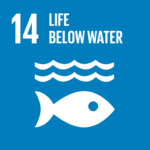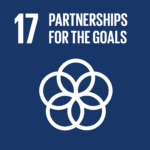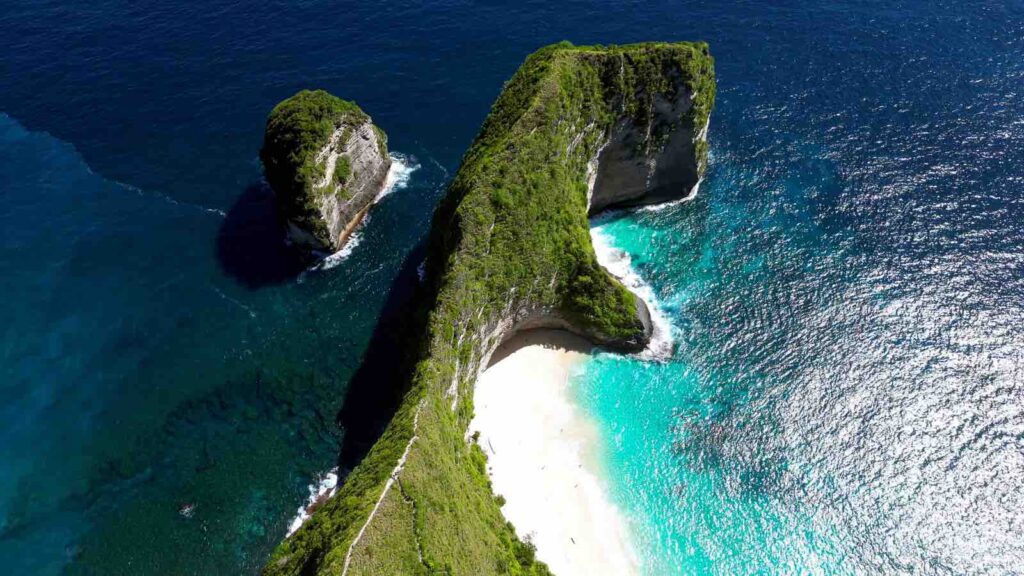The International Maritime Organization (IMO) has officially designated Nusa Penida and Gili Matra, located in the Lombok Strait, as Particularly Sensitive Sea Areas (PSSAs).
In a groundbreaking achievement for Indonesia’s environmental conservation efforts, the International Maritime Organization (IMO) has officially designated Nusa Penida and Gili Matra, located in the Lombok Strait, as Particularly Sensitive Sea Areas (PSSAs). This critical designation was announced during the closing session of the Marine Environment Protection Committee (MEPC) at IMO’s headquarters in London.
The declaration of these regions as PSSAs marks a significant milestone in global maritime conservation, highlighting Indonesia’s commitment to protecting its unique marine ecosystems from the increasing threats posed by international shipping activities.
RELEVANT SUSTAINABLE GOALS



A Long-Awaited Recognition
Hendri Ginting, Director of Shipping and Maritime Affairs at Indonesia’s Ministry of Transportation, who also led the Indonesian delegation at the MEPC meeting, expressed his excitement over the announcement. “Today, Nusa Penida and Gili Matra in the Lombok Strait have officially been designated as Particularly Sensitive Sea Areas by the IMO,” Ginting said in a statement from Jakarta.
The designation came after years of preparation and effort by Indonesia’s delegation, who worked tirelessly to craft a comprehensive proposal detailing the ecological and socio-economic significance of these regions. “This achievement reflects our dedication to safeguarding Indonesia’s marine environments, and the international community’s recognition of the importance of these areas,” he added.
A Critical Step in Maritime and Environmental Protection
The IMO’s decision to grant PSSA status to these areas is a crucial step for the country, not only in preserving its biodiversity but also in bolstering maritime safety. Ginting described the designation as a “milestone” in Indonesia’s ongoing efforts to protect its marine environments, emphasizing that it will raise awareness about the importance of preserving maritime ecosystems both locally and internationally.
By becoming the second Asian country after the Philippines to secure a PSSA designation, Indonesia has cemented its role as a leader in marine conservation in the Asia-Pacific region. This designation follows Indonesia’s 2019 success in establishing a Traffic Separation Scheme (TSS) in the Lombok Strait, further enhancing navigational safety while protecting sensitive marine areas.
Nusa Penida and Gili Matra are known for their rich biodiversity, with coral reefs, marine species, and cultural heritage that attract tourists and support local economies. The area is home to numerous endangered species and plays a vital role in the livelihoods of coastal communities, making its protection a high priority.
Ginting explained that Indonesia’s proposal was praised by IMO member states for its detailed presentation of the biodiversity, ecological conditions, socio-economic importance, and cultural value of these areas. “The PSSA designation will help protect the ecosystems that these communities rely on while promoting sustainable tourism and fishing practices,” Ginting said.
A Boost for International Collaboration
The MEPC meeting, held from September 30 to October 4, 2024, saw representatives from various nations, with Indonesia taking a prominent role in discussions about marine protection. Indonesia’s team included members from the Ministry of Transportation, the Indonesian Maritime Security Agency (Bakamla), and prominent academic institutions like the Sepuluh Nopember Institute of Technology (ITS) in Surabaya.
Antoni Arif Priadi, Director General of Sea Transportation at the Ministry of Transportation, applauded the delegation’s success, noting that this achievement opens the door for further conservation efforts in other Indonesian regions. “This recognition allows us to explore the potential for designating additional areas as PSSAs, especially those with similar ecological and socio-economic conditions that are vulnerable to international shipping activities,” Priadi said.
The designation of Nusa Penida and Gili Matra as PSSAs is expected to enhance conservation efforts across Indonesia, fostering international cooperation while protecting the country’s invaluable marine resources.
Indonesia’s success in securing PSSA status for Nusa Penida and Gili Matra serves as a model for other nations striving to balance economic development with environmental stewardship. The IMO’s recognition of these areas underscores the importance of protecting marine biodiversity in the face of global shipping pressures and climate change.
With this new designation, Indonesia stands at the forefront of international efforts to safeguard marine ecosystems, while also promoting sustainable maritime practices that benefit both the environment and local communities.
You may also be interested in :
Pakistan Declares Astola and Churna Islands As Marine Protected Areas To Boost Conservation Efforts




